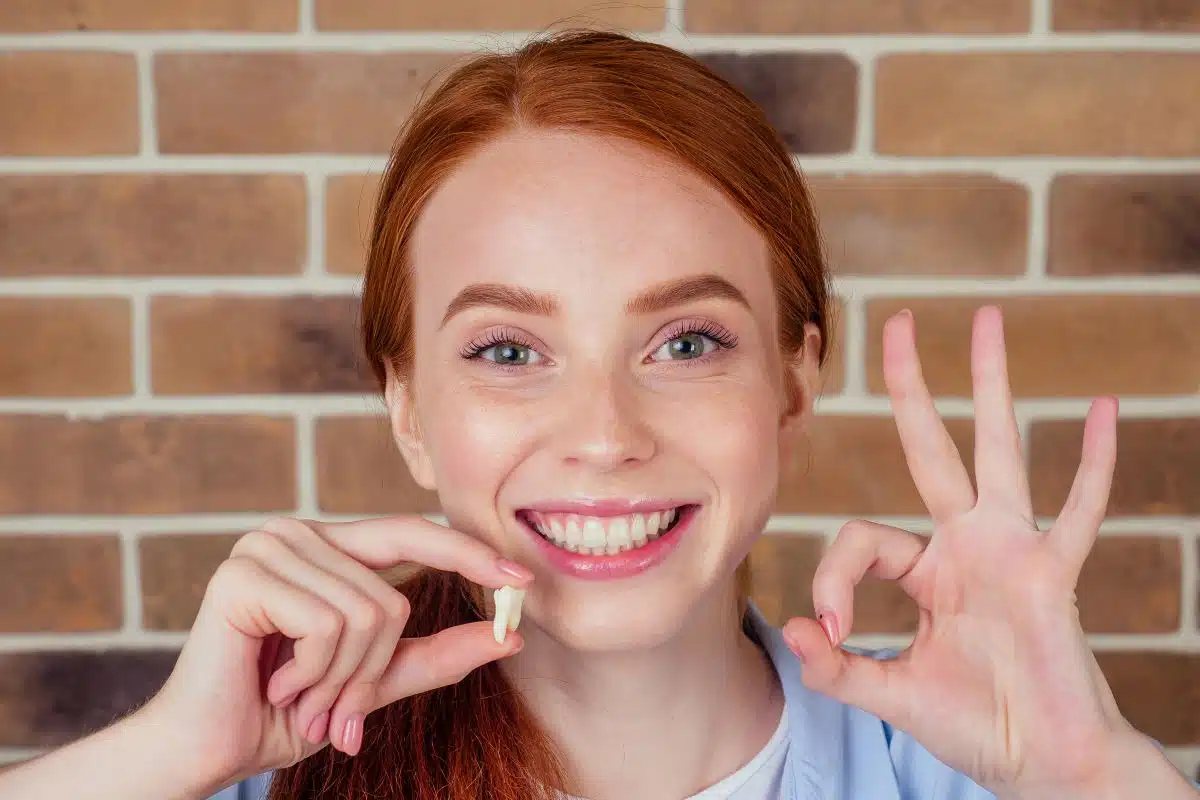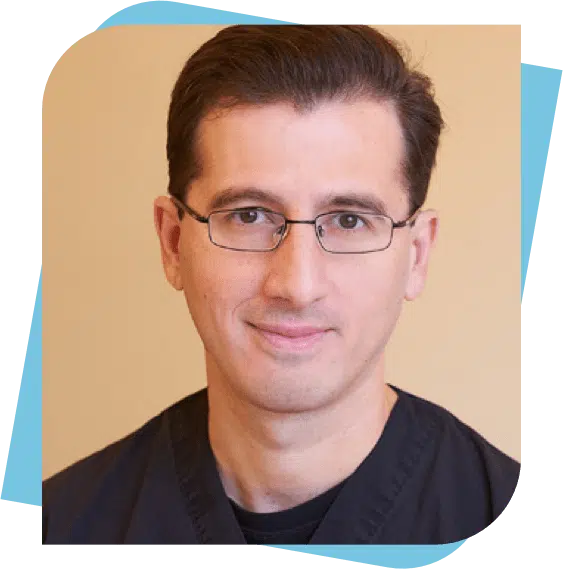Tooth extractions involve the complete removal of a tooth from a patient’s mouth. Since every patient is different, the recovery period and aftercare needed will vary depending on the patient’s medical history and the tooth that was extracted.
Individuals who’ve had wisdom teeth removed will experience a longer recovery period, as this kind of tooth is usually impacted when it needs to be extracted, and it leaves a larger whole behind than other teeth when removed.
Whether you’re getting a tooth extracted due to decay or damage, it’s imperative that proper aftercare measures are taken. Effective aftercare following a tooth extraction can reduce pain, lower the risk of complications, and ensure a speedy recovery.
Ignoring your dentist’s aftercare advice can cause significant and painful complications to arise, as well as prolong the recovery period.
Managing Pain
After waking up from your sedation, your dentist will instruct you on the types of pain relief medication you should take and for how long. They may even provide a prescription if needed.
You can manage the pain by applying an ice pack to your face to reduce swelling. Be sure to wrap the ice pack in a cloth and apply every twenty minutes, with a twenty-minute break in between each application.
Controlling the Bleeding
To control any bleeding, bite down firmly on the gauze placed in your mouth and continue to do so until the bleeding has ceased. The pressure will help form a blood clot in the tooth socket that will act as a protective layer for the underlying bone tissue and nerves.
Avoid drinking using a straw, spitting, and touching the wound with your tongue, as it can cause the blood clot to dislodge and you’ll be left with a dry socket. This is an extremely painful complication that will delay the recovery process and make it more agonizing.
Avoiding Certain Foods After a Tooth Extraction
During the recovery period, it’s recommended to stay away from certain foods that can be painful to chew and might disrupt the blood clot.
For the first 48 hours, avoid any hot foods and drinks to allow the tooth socket time to heal properly. Hard, crunchy, or chewy foods, such as popcorn, chips, and nuts should not be consumed for a week after the extraction to keep the blood clot in place.
What to Eat After a Tooth Extraction

During this time, stick to consuming soft foods and liquids, such as yogurt, pudding, and applesauce. Any foods with crunchy ingredients must be avoided.
After the first day, you may try foods such as mashed potatoes, scrambled eggs, and oatmeal provided they are not too hot.
Try to incorporate foods that are rich in fibers to aid in the recovery process.
Do your best to chew on the side of your mouth where the stitches are not present to give them time to settle and reduce the possibility of dislodging the blood clot. Maintain this diet until all the stitches have come out and the swelling has disappeared.
Estimated Time of Recovery
Dentists do their best to avoid recommending a tooth extraction. However, sometimes it’s a necessary and unavoidable treatment.
The amount of time required for a hole to recover will depend on the type of extraction and the size of the tooth.
If the tooth removed is small or has a single root, then the space left behind will close more quickly. By the end of a week, you might be able to return to regular activities.
The extraction of a larger tooth with multiple roots generally requires a longer healing period. A full recovery can take 2 weeks or more.
In the case of wisdom teeth, the hole will be slightly larger than one left by regular teeth, which will take longer to heal. When wisdom teeth are removed, both the jawbone and the gum tissues need to heal, which adds to the recovery time.
Tooth Extraction Procedures in Ottawa
There’s a handful of reasons that warrant a tooth extraction, most commonly being infection or severe tooth damage.
Our dental professionals at Yazdani Family Dentistry do their best to try and save a tooth with restorative treatments, although extraction may be the only solution in some cases.
Before any action is taken, we’ll analyze the situation and come up with a detailed diagnosis. Once it’s determined that a tooth extraction is the only option, our expert dentists will walk you through the procedure and address any concerns you may have.
We know that a tooth extraction can be a nerve-racking experience, which is why our staff strives to make your experience as pain-free and comfortable as possible.
Get in touch with us to learn more about our tooth extraction procedure and book a consultation today.







